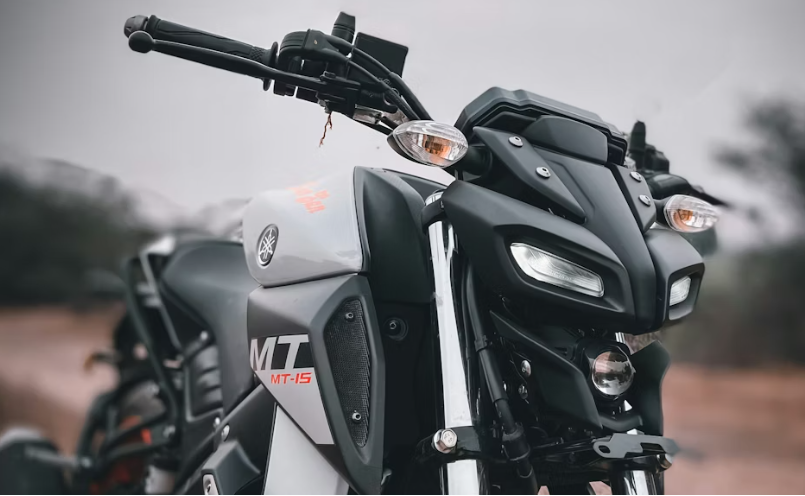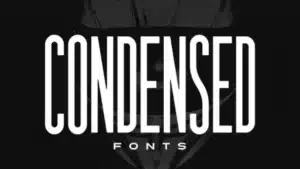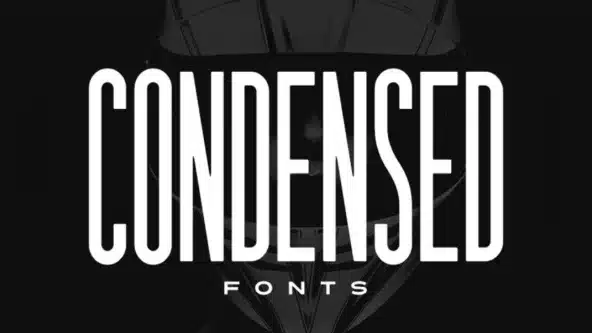How to Build, Customize, and Tune Your Own 50cc Mini Chopper for a Unique Look and Better Performance

Building your own 50cc mini chopper isn’t just a fun project, it’s an opportunity to craft a machine that reflects your personality, style, and performance goals. These compact choppers have exploded in popularity among new and seasoned riders alike, thanks to their affordability, easy customization, and undeniable street appeal. Whether you’re a weekend hobbyist or an experienced mechanic, learning how to build and tune a 50cc mini chopper is a rewarding process that lets you blend creativity with performance.
In this guide, we’ll walk you through everything you need to know from assembling and customizing your 50cc mini chopper to tuning it for maximum power and reliability.
1. Why Build Your Own 50cc Mini Chopper?
A 50cc mini chopper gives riders a taste of motorcycle freedom in a smaller, more manageable form. These bikes typically feature a small-displacement 4-stroke engine that delivers surprising torque for their size, making them perfect for short commutes, cruising around the neighborhood, or showing off at local bike meets.
Building one from scratch or modifying a pre-built frame allows you to:
- Express your personality through design and paint.
- Learn hands-on mechanical skills that boost your knowledge of small engines.
- Customize performance with upgrades to the exhaust, carburetor, or sprocket setup.
- Save money compared to buying a pre-built model.
- Create something one-of-a-kind that turns heads everywhere you go.
If you’ve ever looked at custom Maddog scooters for cheap and wished for a more chopper-like stance, building your own 50cc mini chopper gives you exactly that but in your unique style.
2. Gathering the Right Parts and Tools
Before diving into the build, make sure you have all the essentials ready. Building a mini chopper requires patience and precision, so gathering everything in advance will make the process smoother.
Essential Parts:
- 50cc engine: Choose a reliable 4-stroke or 2-stroke engine.
- Chopper frame: You can purchase a pre-fabricated frame online or weld your own using tubular steel.
- Front fork and suspension: Longer forks give your chopper that stretched, low-slung appearance.
- Wheels and tires: Opt for wider rear tires for stability and a narrow front for classic chopper looks.
- Fuel tank and exhaust system: Choose a tank that matches your frame and customize your exhaust for sound and flow.
- Seat and handlebars: Ape hangers or drag bars can drastically change your chopper’s character.
- Electrical system: Include ignition switch, wiring harness, and battery.
- Braking system: Front disc brakes are ideal for better stopping power.
3. Assembling the Frame and Engine
Start by mounting the 50cc engine onto your frame. If you’re using a universal frame, you may need to adjust or fabricate custom brackets for a snug fit. Ensure the engine mounts are aligned to prevent vibration or misalignment.
Next, install the front fork assembly, followed by the handlebars and wheels. At this stage, your bike should start resembling a chopper. Check that your front and rear axles are aligned perfectly to maintain stability while riding.
Once the frame and engine are secured, connect the fuel system, carburetor, and air filter. Make sure your fuel lines are properly routed and clamped to prevent leaks.
4. Customizing the Look
Here’s where you can truly make your 50cc mini chopper your own. Customization can transform a simple build into a statement piece.
Paint and Finish
Choose a color scheme that reflects your personality whether it’s matte black, chrome accents, or bold flames down the tank. Powder coating the frame can protect against rust and give your bike a premium finish.
Seat and Handlebars
Experimenting with different styles a solo bobber seat gives a vintage vibe, while mini ape hangers enhance the classic chopper stance. Comfort is key, especially if you plan on longer rides.
Lighting and Accessories
Install LED headlamps, turn signals, and brake lights for both safety and modern flair. You can also add custom grips, mirrors, or chrome accents for an upgraded aesthetic.
Custom Exhaust
An aftermarket exhaust not only improves airflow but also gives your mini chopper that deep, throaty sound riders love. Just ensure your setup stays within local noise regulations.
5. Tuning for Better Performance
Once your chopper looks the part, it’s time to make it perform like one. Tuning your 50cc mini chopper can dramatically improve speed, acceleration, and throttle response.
Carburetor Tuning
Adjust the air-fuel mixture screw to ensure smooth idling and optimal combustion. A slightly richer mixture helps improve acceleration and prevents overheating.
Upgrading the Air Filter
A high-flow air filter lets your engine breathe better, increasing power output. Combine this with carb tuning for noticeable gains.
Performance Exhaust
Swapping your stock exhaust for a free-flow system reduces backpressure and enhances both performance and sound.
Sprocket Ratio Adjustment
Changing the front or rear sprocket size alters your bike’s acceleration and top speed. A smaller front or larger rear sprocket gives quicker takeoff, while the opposite setup offers higher top-end speed.
Ignition and Spark Plug
Upgrade to an iridium spark plug for better ignition performance and improved fuel efficiency.
Regular Maintenance
Keep your chain lubricated, oil changed, and tire pressure checked. A well-maintained mini chopper not only performs better but lasts longer.
6. Comparing 50cc Mini Choppers and Maddog Scooters
If you’re familiar with Maddog scooters for cheap, you know how popular they are among riders looking for affordability and style. Maddog scooters feature stretched frames and low profiles similar to mini choppers but with automatic transmissions and a more scooter-like build.
In contrast, a 50cc mini chopper delivers a more authentic motorcycle experience. You get manual control, deeper customization options, and the satisfaction of building it from scratch. Both are fun, compact, and stylish but the chopper lets you truly own every bolt and detail.
7. Street-Legal Considerations
Before hitting the road, check your local regulations. In many states and provinces, 50cc mini choppers fall under moped laws, meaning you may need registration, insurance, and sometimes a small engine license. Always verify helmet laws and lighting requirements to stay compliant and safe.
8. Enjoying the Ride
Once your 50cc mini chopper is tuned and road-ready, it’s time to hit the streets. You’ll immediately feel the difference in smooth throttle response, better torque, and a customized ride that draws attention wherever it goes. The satisfaction of riding something you built and tuned with your own hands is unmatched.
Remember to take it easy on the first few rides. Break in the engine gently, listen for any unusual sounds, and fine-tune your carburetor or chain tension if needed. Small adjustments now can prevent larger issues later.
9. Final Thoughts
Building, customizing, and tuning your 50cc mini chopper is more than just a mechanical project, it’s an art form. You’re not just putting together parts; you’re crafting a personal machine that combines creativity, performance, and passion.
For riders who appreciate affordable options and stylish designs, exploring Maddog scooters for cheap can also be a great way to start your collection or draw inspiration for your next custom project.
Whether you’re in it for the learning experience, the thrill of building something from the ground up, or the joy of cruising your own custom ride, the journey of building a 50cc mini chopper is one worth taking.

Why Retail Software Testing is Critical for Effective E-commerce Development?

How Sales Teams Increased Productivity with Parallel Dialers

Curtain Dry Cleaning and Leather Sofa Cleaning – Reliable Care by Duo Nini

The Ultimate Guide to Family-Friendly Communities: Planning Your Family Vacation to Destin Florida

How Condensed Fonts Improve Packaging and Label Design

How Condensed Fonts Improve Packaging and Label Design

What to Expect During Your First NDIS Support Visit

Solve SMD Diodes Sourcing with Utsource's Bulk Options








